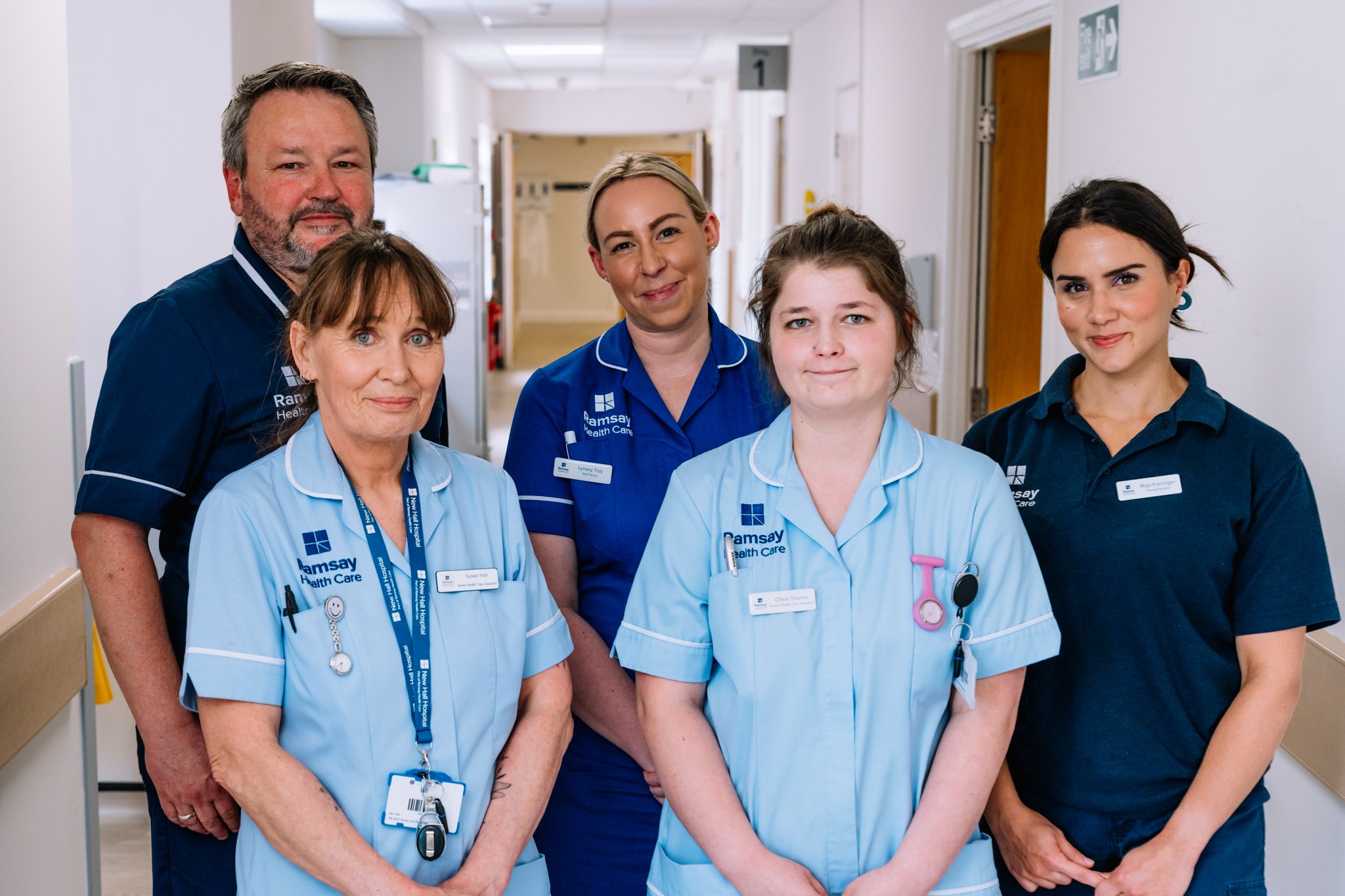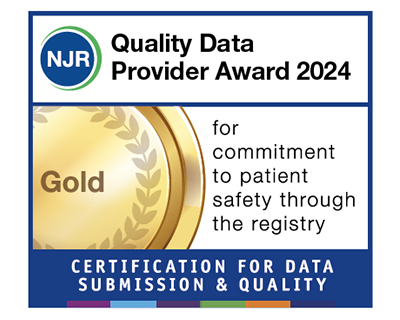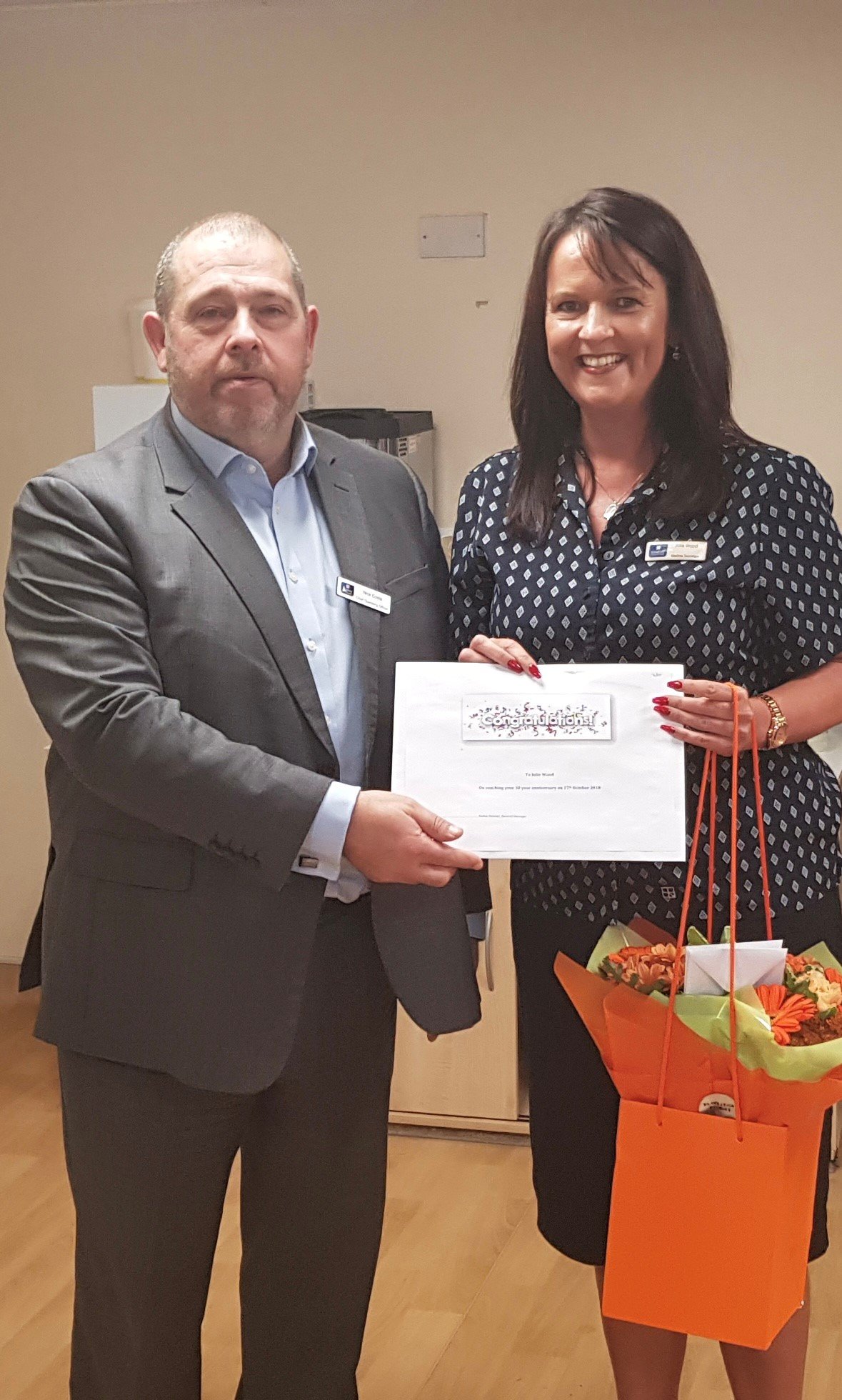Diagram to show where nerves in the lumbar spine and sacrum refer pain into the legs
The nerves in your low back, or lumbar region and your sacral region at the base of the spine, will refer pain down the front or back of your legs if they are irritated or compressed. Usually the pain in your leg is worse than the pain (if you have any) in your back. The nerve can also give other symptoms such as pins and needles or numbness.
Your spinal cord normally ends in the upper part of your lumbar spine (low back). At this point where the cord ends it divides up into lots of nerve strands which continue down through the spinal canal, behind the lumbar vertebrae. They look a bit like a horses tail and are therefore called the cauda equina nerves. At each vertabral segment an individual nerve root exits from a bony hole at the side of the canal (foramen) to run down the leg. As the nerves also supply the muscle you can feel weakness in your leg if the nerve is compressed.
There are a number of reasons why you can develop leg pain from your back.




